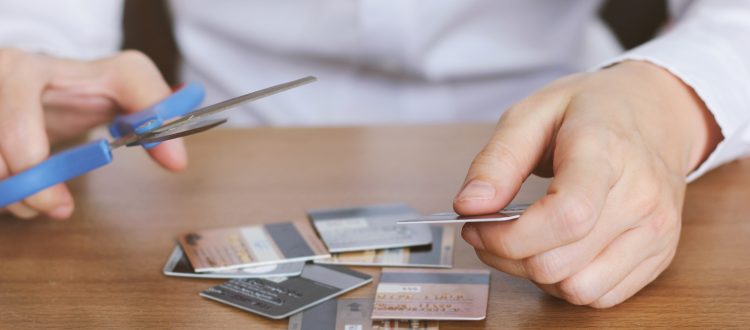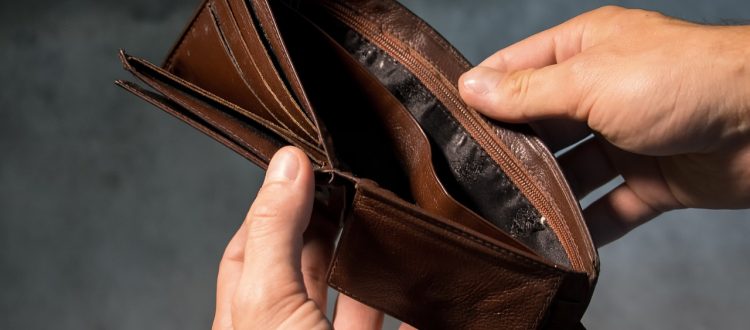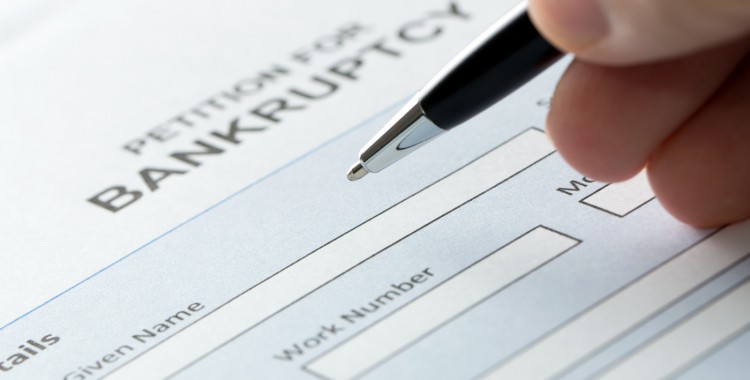NH Bankruptcy Attorneys
As dedicated bankruptcy attorneys in New Hampshire, we specialize in Chapter 7 and Chapter 13 cases, working tirelessly on your behalf.
Our mission is to guide you through the complexities of bankruptcy law, emphasizing the significance of your assets, liabilities, and debt ratio. Our attorneys will help you learn about debt control strategies that can help maximize the benefit of bankruptcy protection. Contact us today to schedule your free legal consultation with one of our experienced attorneys, (603) 934-9837. You can also fill out the form on the right and we will contact you as soon as possible, discuss over the phone and/or make an appointment at your earliest convenience.
If you find yourself in a situation in which circumstances cause you to become completely out of your control. Your original intentions were purely honorable, but due to our economy’s recent down slide or for other reasons, you are caught in the middle of a financial crisis. This crisis affects not only your pocketbook, but often harms your marriage, stands in the way of a happy productive life and may even impair health.
“Bankruptcy helps people who can no longer pay their debts get a fresh start by liquidating assets to pay their debts or by creating a repayment plan. Bankruptcy laws also protect financially troubled businesses. This section explains the bankruptcy process and laws.” ~ us.courts.gov
When you need the help of a skilled New Hampshire bankruptcy lawyer to help you move past the limitations and burdens created by unmanageable debt, contact Seufert Law Office today to speak to an attorney!
Speak with an experienced New Hampshire bankruptcy attorney today at (603) 934-9837
What You Need To Know About Bankruptcy In New Hampshire
What is Bankruptcy?
Bankruptcy is a process used under Federal Law that allows those in severe amounts of debt to be relieved of their financial burdens. It prevents creditors from pursuing payments or repossessing your assets. Bankruptcy can prevent your bank from foreclosing on your home and instead helps you to get caught up on mortgage payments. It allows you and your family to have a new start without debt and without losing your home or other valuable assets.
In New Hampshire, there are two ways you can file for bankruptcy— Chapter 7 and Chapter 13. How you need to file depends upon several factors. The bankruptcy lawyers at Seufert law can help you decide which is best, and help you navigate the process.
What is Chapter 7 Bankruptcy?
In New Hampshire, a chapter 7 bankruptcy is defined as “liquidation where the trustee collects all of your assets and sells any assets which are not exempt.” This type of bankruptcy is most common among those who have large amounts of credit card debt and few assets. Chapter 7 does not always absolve you of your responsibility to pay your secured loans— such as a house or car loans. If you decide to keep your property that is secured by you are required to sign a “Reaffirmation Agreement” which reaffirms your commitment to the loan, and you must continue making the payments, otherwise, you elect which of these to give back to the bank (s).. With chapter 7 bankruptcy, there are a few types of debts which cannot be discharged these include child support, fines incurred from receiving a DUI, student loans, among other things.
What is Chapter 13 Bankruptcy?
A chapter 13 bankruptcy is preferred if you are behind on your mortgage or business payments, and wish to keep your property. It is also the only option if you earn too much income to qualify for a chapter 7 bankruptcy or only have debts which are non-dischargeable. A chapter 13 does not ‘wipe out’ debt in the way that chapter 7 bankruptcy can, instead it allows for a person in financial distress to get caught up on their payments and prevents creditors from repossessing or foreclosing on their property. In this case, you propose a repayment plan to your creditors, usually over the course of 3-5 years, to become current on your debts and then return to the original terms of the loan. The amount you must repay is determined by the amount of your disposable income and a few other factors. To qualify for chapter 13, you must earn a regular income and have some disposable income to apply to your debt. The amount of debt to be repaid is determined as part of the New Hampshire Bankruptcy Means Test.
Should I Hire a New Hampshire Bankruptcy Lawyers?
Regardless of your circumstances, you have options to help you manage your debt and regain control of your finances. The bankruptcy process can be complex and time-consuming, but the experienced bankruptcy attorneys at Seufert Law Office are here to walk you through each step and ensure you are making decisions to benefit you and your family. If you have more questions or would like to schedule a consultation, contact us today.
Consult with an NH Bankruptcy Attorney Today
Our team of skilled bankruptcy attorneys is ready to provide you with expert guidance and support during these challenging financial times. If you have questions, need advice, or are ready to take the next steps toward financial relief, please fill out the contact form below. We’re committed to helping you achieve a fresh start, and your journey begins here. Connect with a New Hampshire bankruptcy attorney today, and let us work together to secure your financial future.
Additional Bankruptcy Law Information
- Facts About Bankruptcy
Know the facts and your rights when it comes to bankruptcy procedures. - Bankruptcy Petition Sample
Review our sample bankruptcy petition. - Visit Our Library
Browse through the many publications that we have amassed over the years. This is a great place to educate yourself in the many areas that we specialize in. Some of the publications may help you determine that you in fact don’t need a lawyer and some will prove that you do. - Meet Our Attorneys
Get to know our New Hampshire attorneys and discover how they will help you get the justice you deserve. Learn what each of us specializes in and how we can help you.
Recent Bankruptcy Law News & Resources

Pensions – Bankruptcy Proceedings

Filing for Bankruptcy and What You Should Know About Student Loans

Should I File for Bankruptcy?

Everything You Need To Know About Bankruptcy In New Hampshire

Is Bankruptcy the Right Option?

Filing Bankruptcy During COVID-19
What Our Clients Are Saying
“The people at Suefert Law really care about their clients. They went far above and beyond what was expected in order to make sure my family was taken care of. I couldn’t recommend them more highly.”
“I had no idea how to proceed with my case, the law office and the staff made me feel so comfortable and always got back to me quickly. I would recommend them to anyone who needs legal aide.”

